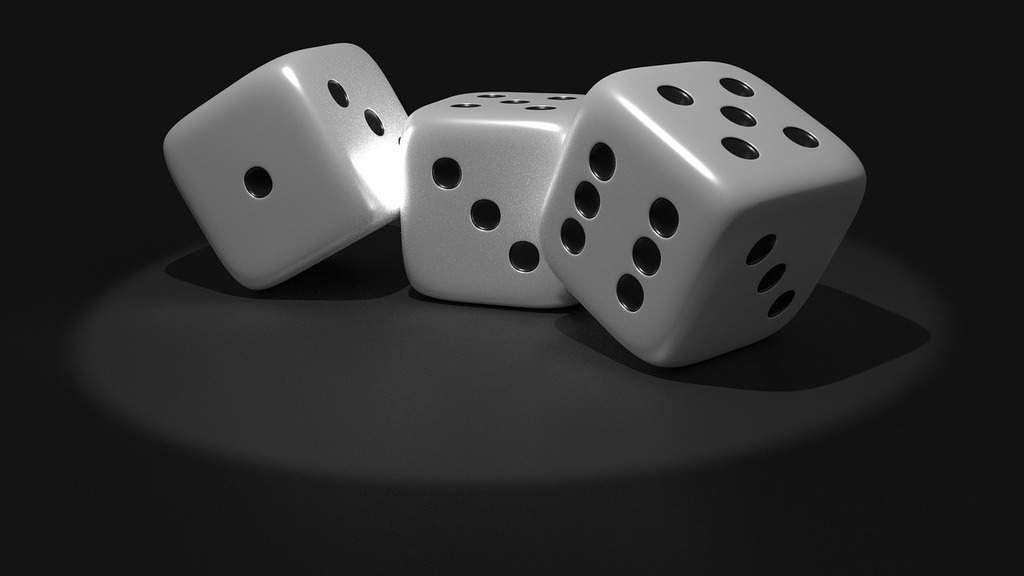You are a gambling fanatic. You treat it as harmless fun, which you engage in during your free time. If you do it with moderation, when you have some extra bucks to spend, then you are a responsible gambler. Nonetheless, this vice can become a compulsive behavior, commonly referred to as problem gambling.
If not countered early enough, problem gambling can have a myriad of adverse physical, social, and psychological effects. People facing this problem might experience intestinal disorders, migraine, distress, depression, and a host of other problems related to anxiety.
Just like drug addiction, you might experience helplessness and despondency if you are addicted to gambling. In worst cases, this could prompt you to develop suicidal thoughts.
Owing to its harmful consequences, problem gambling has become a huge health concern in many countries across the globe.
How do you know that you have problem gambling?
Well, not all forms of gambling are problem gambling. However, if you experience the following symptoms, please seek help as soon as you can;
- Gambling becomes less of a financial problem, but more of an emotional problem with financial repercussions
- You tend to dedicate more time to gambling than you do on family and friends. On some instances you find yourself missing important family events or meetings so that you can bet
- You find it difficult to stop betting regardless of how much you try.
What triggers gambling addiction?
Gambling is only regarded as a problem when it proves difficult to control, and when it compromises relationships and interferes with a person’s finances and work productivity.
Problem gambling has a variety of triggers, but some of the most common include;
- Job-related stress
- Retirement
- Emotional upheavals such as anxiety and depression
- Influence from friends
- Loneliness
- Traumatic circumstances
Recent studies also suggest that people who have an existing addiction (such as drug addiction) may be at risk of developing another, which include problem gambling.
Due to predisposition for addiction, people affected by gambling could also find solace in drugs or alcohol.
How does problem gambling start?
If you develop a gambling addiction, the feeling of betting is equivalent to that of having a drink or taking a drug. Eventually, it affects your mood and state of mind. You tend to gamble more to increase returns. Sometimes, you chase losses, with the belief that if you keep gambling, you will win back all the money you have lost and even win more.
With time, you develop a vicious cycle, which leads to increased cravings for gambling. This vice becomes irresistible, and you lose the ability to control the urge to keep staking.
In no time, this negatively affects your personal, social, and professional life. Additionally, it deteriorates your physical and emotional health.
How is problem gambling treated?
Gambling addiction is treated in three ways;
- Medications
Various medications, such as antidepressants and stabilizers, can be used to treat the symptoms that occur as a result of gambling addictions. Some advanced antidepressants help a person reduce the gambling urge.
Also, medicines used to treat drug addictions such as narcotic antagonists can be used to help people dealing with gambling addiction.
- Therapy
Both cognitive behavior therapy and behavior therapy can be used to treat people with problem gambling.
Cognitive behavior therapy (CBT) changes the perspective one has about gambling, therefore helping him/her develop the urge to stop.
On the other hand, behavior therapy systematically exposes people with problem gambling to the behaviors, thus reducing their urge to gamble.
- Self-help groups
Joining a self-help group which is comprised of individuals going through the same problem can go a long way in helping you deal with problem gambling.
Are you a problem gambler?
You don’t need to stress over being a problem gambler because you will end up compromising your health even further. To get help, you first need to accept that you are addicted to gambling.
Then, endeavor to seek help from a health professional or anyone you feel comfortable talking to, such as a close friend or family member. If this doesn’t work, feel free to contact organizations that are committed to helping gambling addicts such as the National Council on Problem Gambling.
Most trustworthy gambling websites, like online horse racing betting website Twinspires.com, have a responsible gambling policy and you can find help in their pages. Wage responsibly! Good luck!

